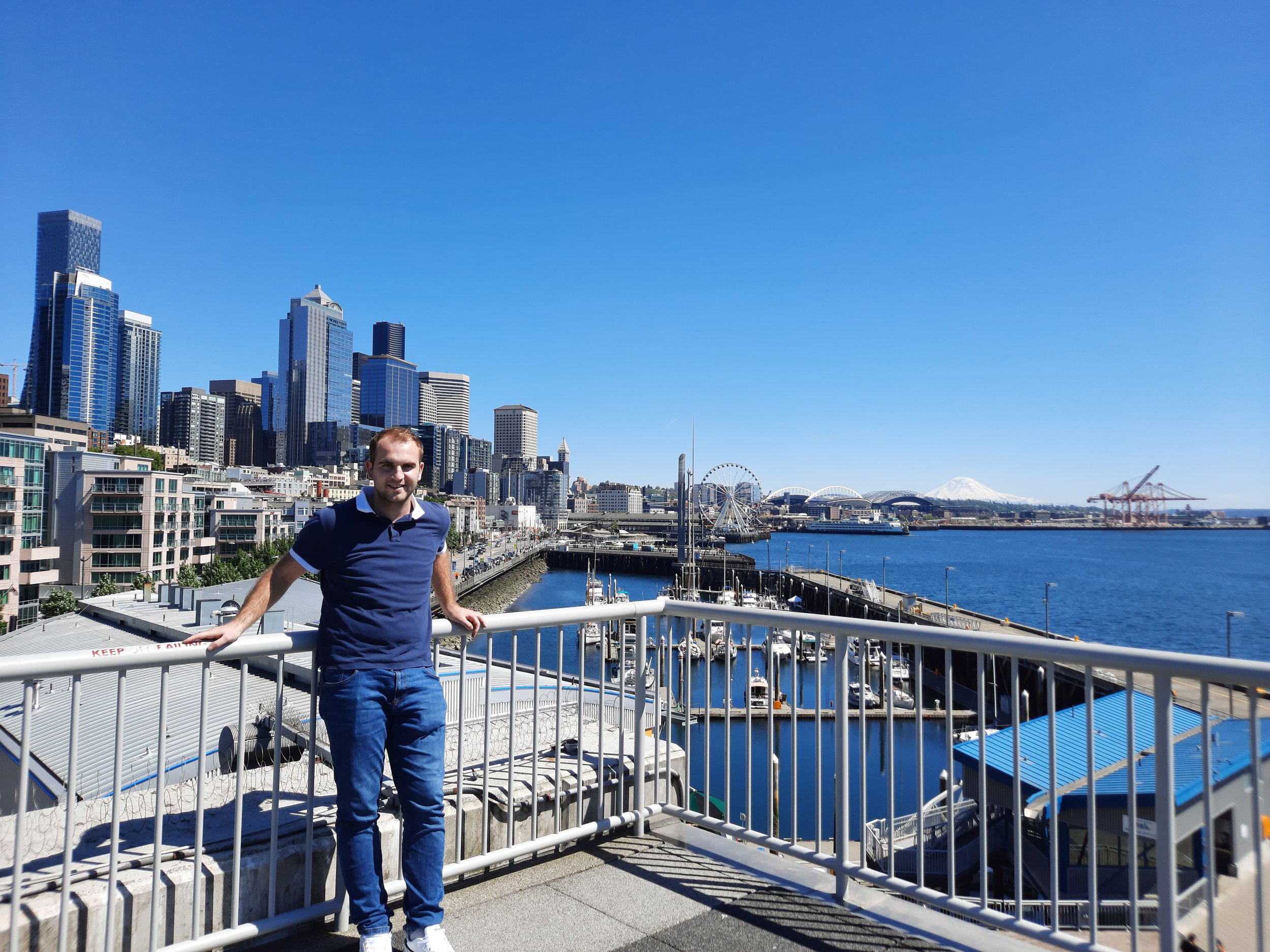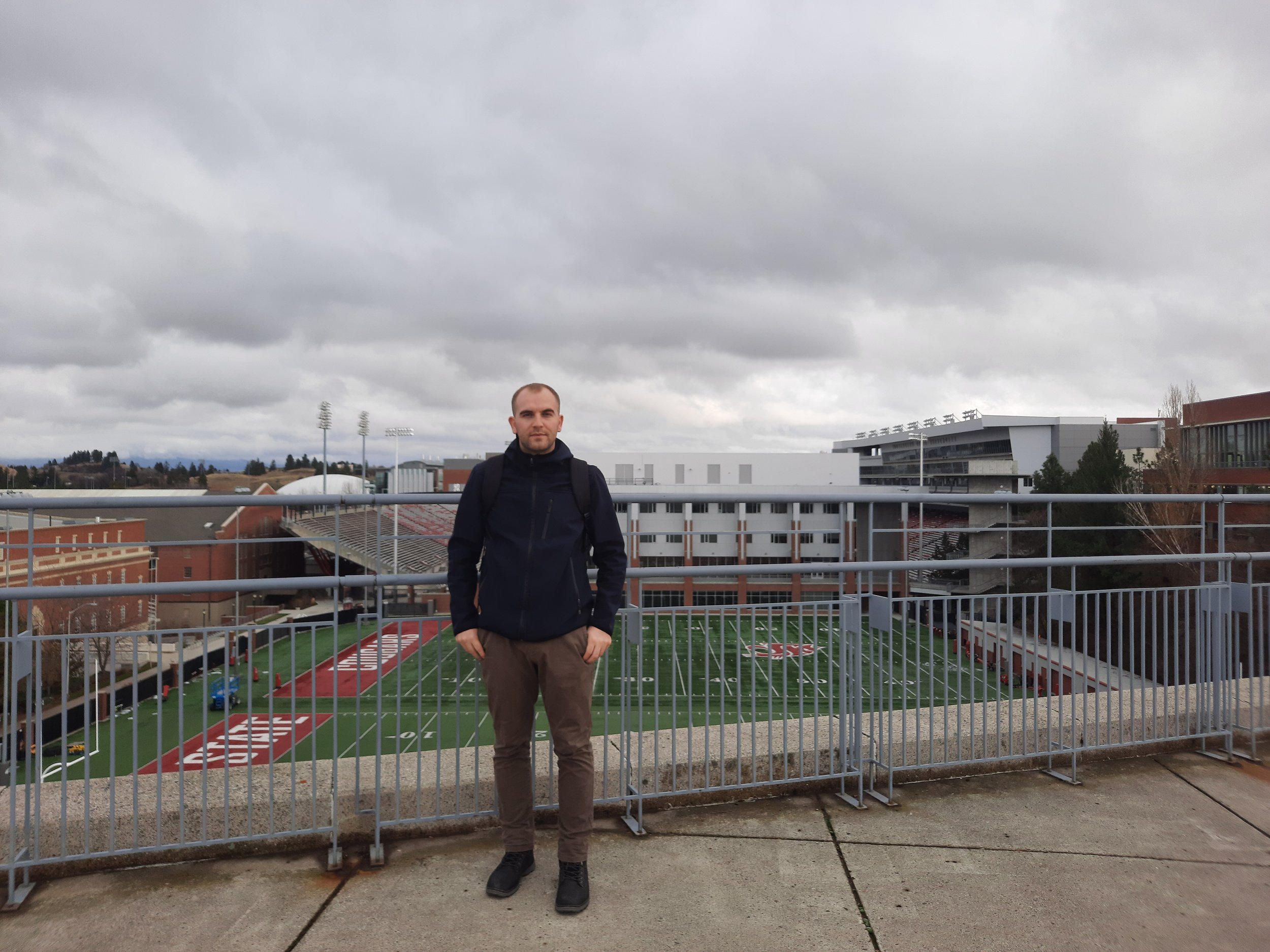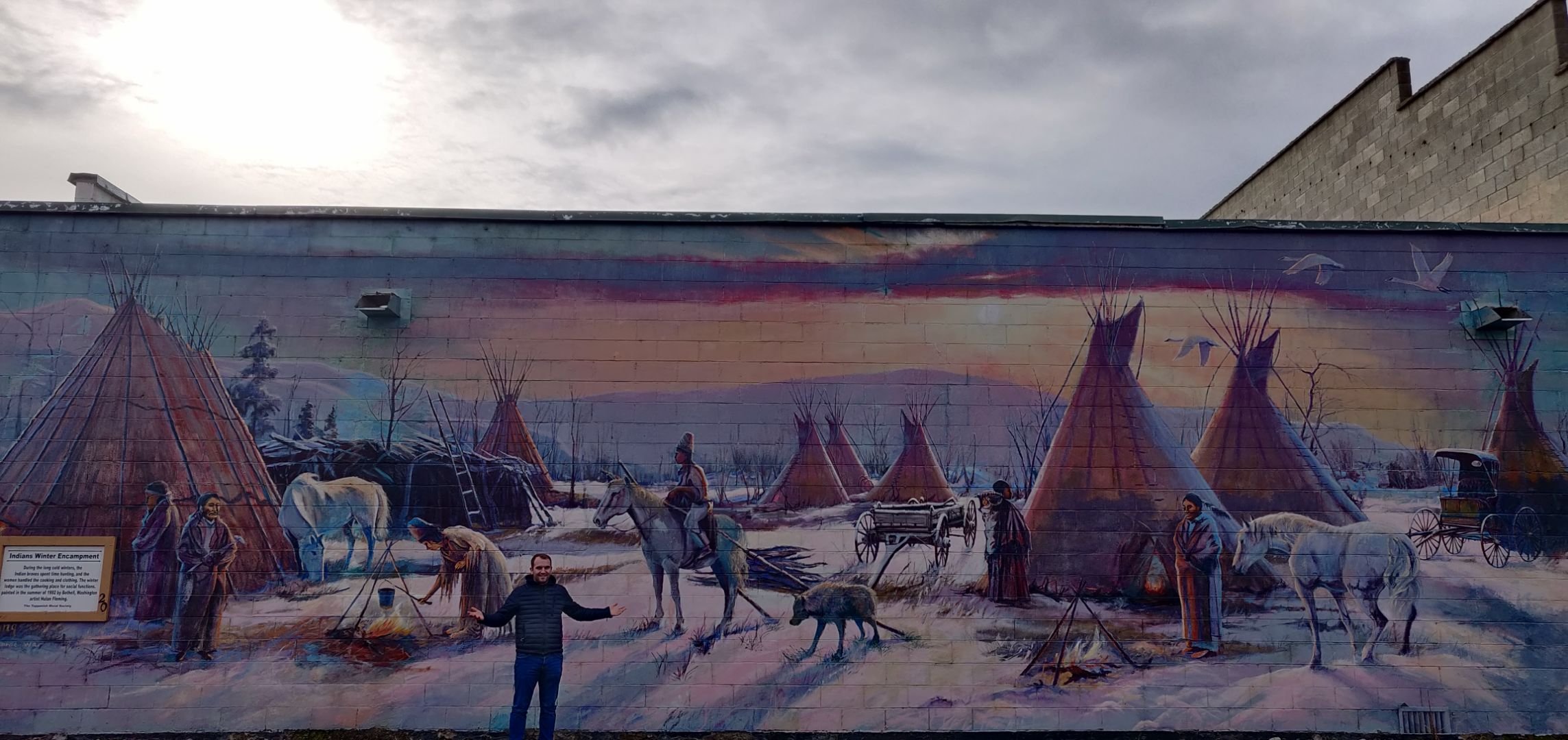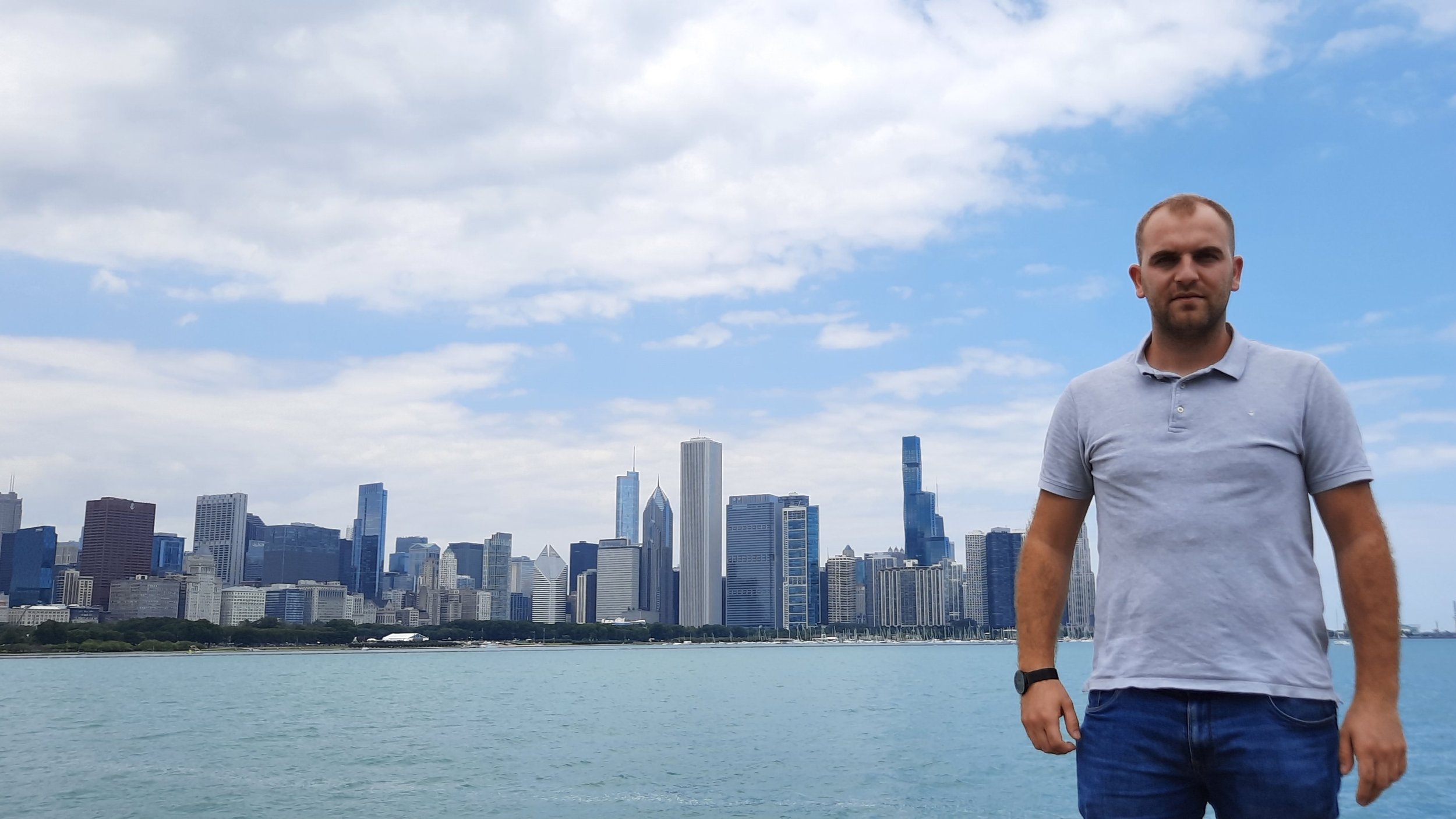The Fulbright Foreign Student (Master’s Degree) Program Spotlight: Fatlum Rexhepi
Applying and preparing for an opportunity like a Fulbright Scholarship can be a nerve-wracking experience. In order to ease your mind and provide you with an insider’s look into the Fulbright experience we decided to catch up with our Fulbright alumni and on-program scholars. We asked them to reflect on their Fulbright experience and answer our insightful questions.
The 2023/24 online application for the Fulbright Foreign Student Program (Master's Degree) is now open and will be available until May 31, 2022. The Fulbright Foreign Student Program brings citizens of other countries to the United States to study for Master’s degrees at U.S. universities. To learn more: U.S. Embassy Prishtina
We are continuing our series of questions with our Fulbright Foreign (Master’s Degree) Student, Fatlum Rexhepi currently pursuing his master’s degree in Mechanical Engineering at the Washington State University.
What is your educational and professional background?
I did my bachelor’s degree in the mechanical engineering department at the University of Prishtina. Right after that, I started working for a local HVAC (heating, ventilation, and air conditioning) company where my main responsibilities were in designing and maintaining HVAC systems. For more than two years before coming to the U.S. I worked and collaborated with a few engineering companies on designing and managing mechanical systems in industrial and commercial facilities.
Why did you choose to apply for Fulbright Program?
I found out about the Fulbright Program on the U.S. Embassy’s website while I was looking for scholarships to study in the U.S. In the beginning, I didn’t know much about the program, but I tried my best to put together a strong application. I started gathering more information about the program after my interview, and only then did I realize that this is the biggest educational exchange program in the world.
Tell us about your experience as a Fulbrighter in the U.S.?
I am very proud to be part of the Fulbright Program. This is an amazing exchange program that has participants from all over the world. Wherever I have visited in the U.S. I have always met Fulbrighters and this is an indication of the scale that the Fulbright community has. When I first moved to campus a Fulbrighter helped me to settle in, showed me around the town, and introduced me to the community which made the transition from Kosovo to the U.S. very smooth.
What is the most valuable component you are gaining from the program?
Academic research and networking are two of the most important components that I am gaining from the program. The lab that I am working in CNL (Computational Nanoscience Laboratory), within WSU (Washington State University), collaborates with NASA in an ongoing project for the Base Camp on the Moon. Just a few years ago I was only reading or watching documentaries about these projects, and now I am doing research on them. These are the opportunities that you will get while you are studying at U.S. institutions. On the other hand, I had the opportunity to collaborate with students and professors from other universities, different academic backgrounds, and local entrepreneurs as well.
How do you plan to implement the knowledge gained as a part of the program at your home institution?
My research is mainly related to energy, even though right now I am working on a slightly different application. Kosovo has enough natural resources to flourish in the energy sector, and with the right technology, we can produce the necessary energy for households and the industry. Furthermore, it is important to contain and forecast the increased consumption due to digitalization. I plan to apply my gained knowledge and research skills in the private sector. I strongly believe that the private sector can be a catalyst for economic development in my country.
How was the application process for you and what tips do you have for the prospective candidates?
I would suggest being very honest and knowing exactly what and why you want to study in the U.S. Moreover, I’d encourage everyone to do research on what U.S. universities offer, and whether that will be a good fit for what you are trying to achieve during the graduate programme.
What is the biggest culture shock you are experiencing in the U.S?
In the northwestern part of the U.S., where my university is located, grab-and-go culture is very famous, and you will find very few places where you can have a cup of coffee the way we do it in Kosovo. Nevertheless, the COVID-19 has had a big influence on this as well.
What is your favorite place you have visited while participating in the Fulbright program?
I visited some famous cities like Chicago, New York, Seattle, Washington DC, etc., but I mostly enjoyed visiting the small towns. While in big cities you will find different cultures from around the world, small towns are more interesting, and the history of the local people who built them is fascinating. The most interesting event that I have been to is the American Rodeo.
What is your favorite American dish/food?
Potato soup, green bean casserole, cookies, and stuffing are at the top of my list, but apple pie is the best by far.




